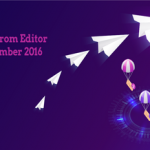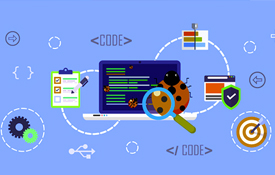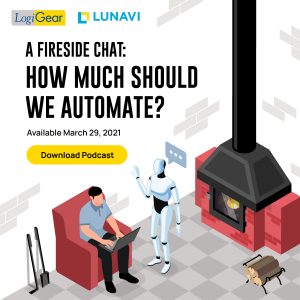For everyone still celebrating holidays: Happy Lunar New Year! At this time of the year many teams and companies are starting new projects, new initiatives, and hiring new staff. LogiGear Magazine will continue to be the resource for you for better testing with much less stress!
We are excited about the focus of this month’s issue: Exploratory Testing. This is very timely with the rise of agile testing methodologies and building new testing strategies to satisfy the agile need for speed. Whatever the software development method, agile, waterfall or one of the many methods in-between, great exploratory testing skills and effective communication of the exploratory effort are essential to successful testing.
Anne-Marie Charrett’s feature Beware of the Lotus Eaters contains an insightful discussion on exploratory testing and ideas about whether testers have done enough. John Stevenson provides a unique perspective on how testers’ can benefit from ethnography methods. Our new automation TestArchitect is once again highlighted followed by the Spotlight Interview with Jonathan Kohl.
This issue launches our new layout featuring departments such as In Brief and Announcements were we showcase LogiGear events including the new course of Exploratory Testing, multi-day training in Poland, conference appearance in StarEast as well as this month’s Blogger of the Month.
Enjoy our special feature on Vietnam’s celebration of the lunar new year, also known as Tết. With articles, videos and training course information, I am sure we have an issue to be referenced and passed around to test teams of all skill levels!
Gear up for our next issue with the theme focusing on the hot topic on everyone’s mind: How can we automate testing in agile development?



















